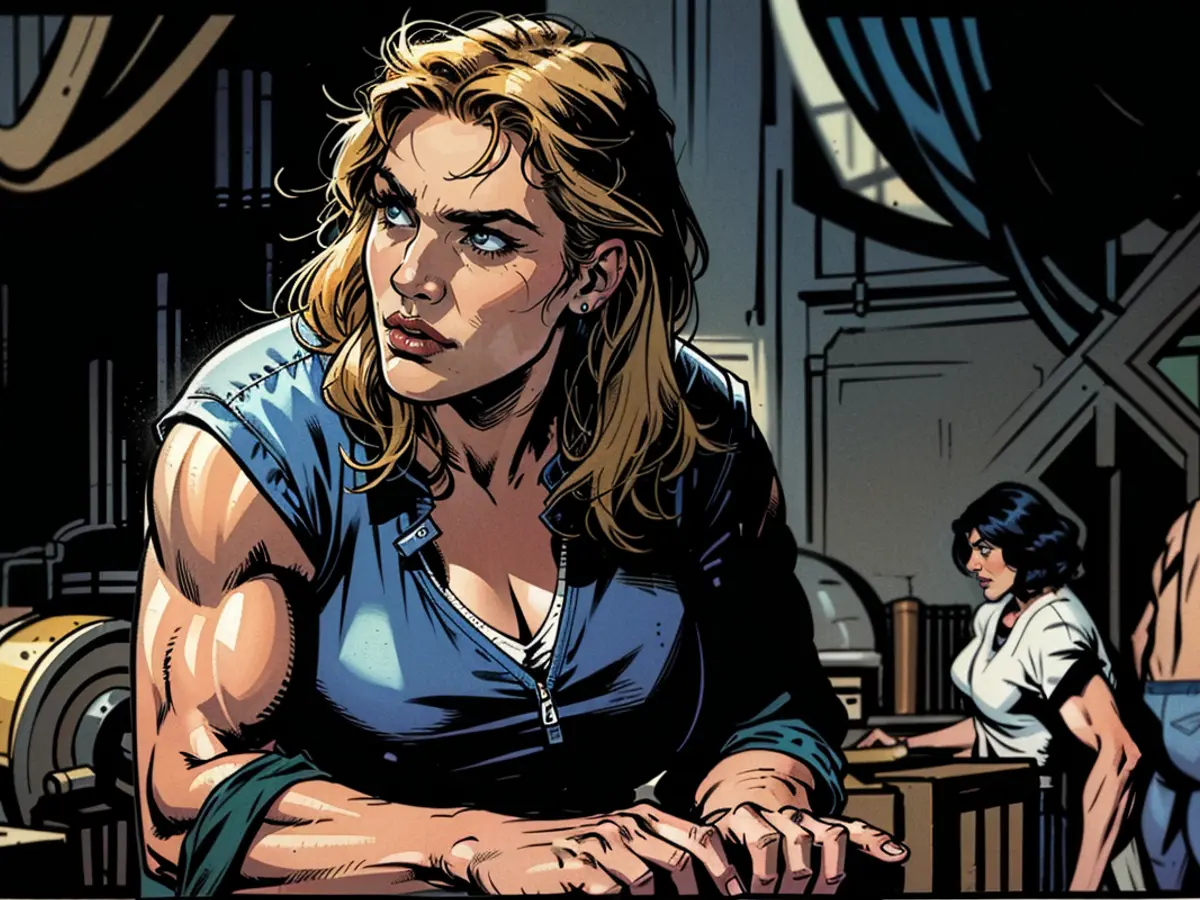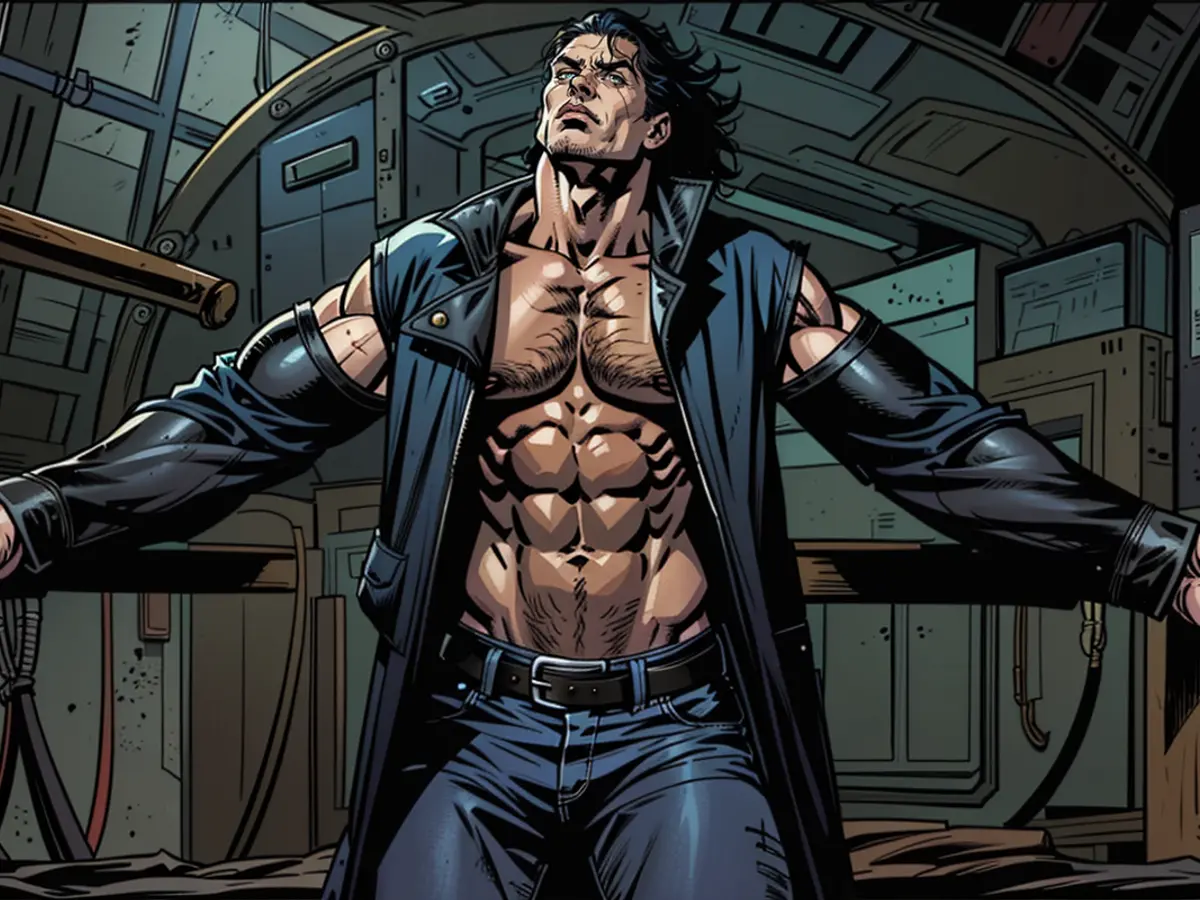- For a definite span, the individual in question commences his 75th year.
Years have passed since then, but a meeting like that is hard to forget. A run-in with a celebrated Hollywood figure who eventually moves closer and rests their hands on your shoulders, gazes into your eyes for an extended period, grins, and then utters sentences such as, "everything we are now is the product of our thoughts."
Richard Gere remained silent for a lengthy while afterwards, seeming to observe the impact of his words. How long he remained seated and how long his hands remained on your shoulders is no longer remembered, likely only for a short time. However, it felt like an eternal moment.
As if existence were a magical carpet ride
During that time, Gere was discussing his film "Sommersby" (1993), a grand tale set during the American Civil War, in which Gere's character assumes the identity of another and that other's wife accepts him as her husband. Ideal material for the Buddhist Gere, "what we are is the product of our thoughts," as Buddha suggests, and something that Gere found interesting even back then, as if life were a magical carpet ride.
Even back then, this truly esteemed star possessed that face with those enigmatic eyes from his small, dark orbs that always seemed slightly mysterious. You can still experience any of his films today, from "American Gigolo" (1980) to "Pretty Woman" (1990), the remarkable "Dr. T and the Women" (2000), or thrillers such as "The Jackal" (1997), and his face never reveals anything.
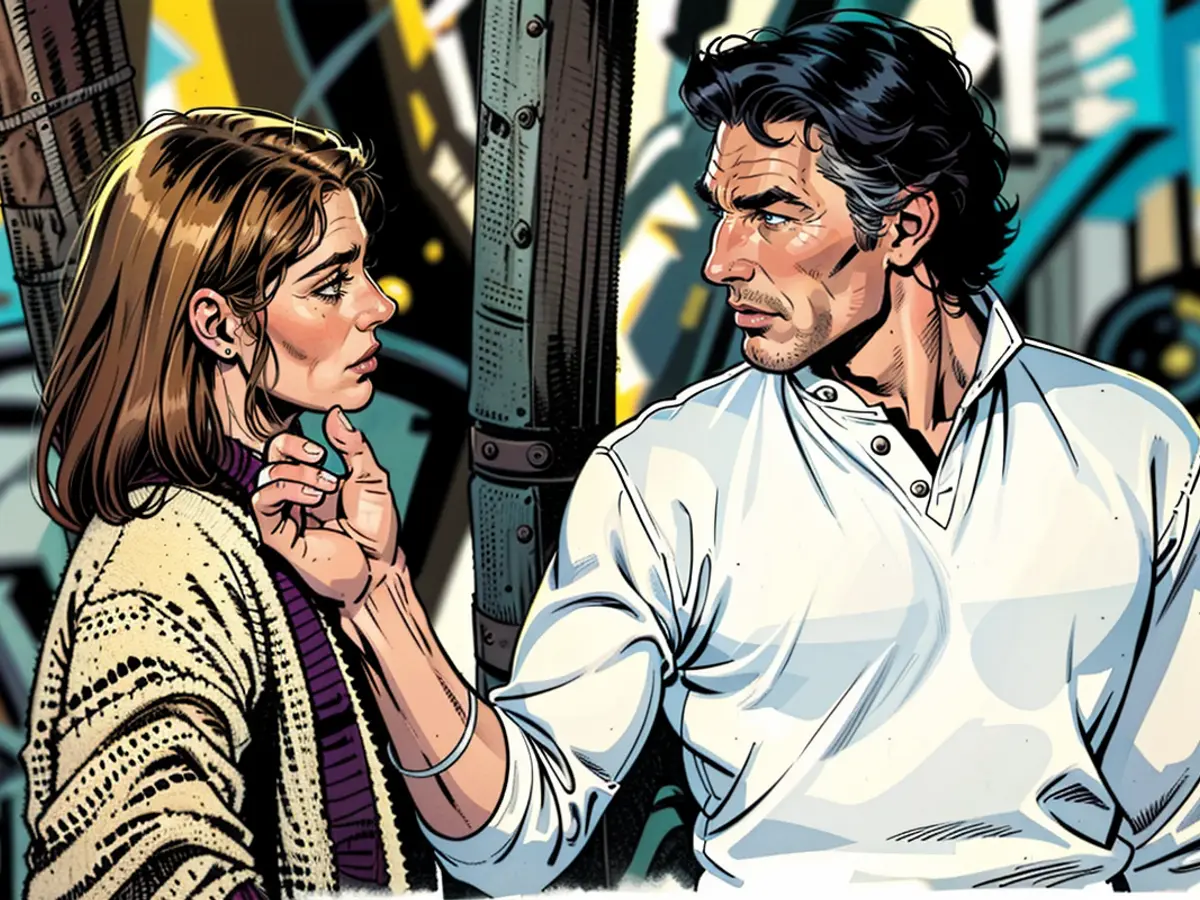
Richard Gere seldom screams or cries on screen
There are few instances in Richard Gere's screen performances where he screams or cries, becomes hysterical, or becomes unhinged. Exceptional instances include the early road movie "Breathless" (1983), in which he plays an overzealous, frenetic police officer on the run, and the 2002 musical "Chicago," which features a dancing and singing Gere, something he enjoyed as a musician but which didn't quite fit with his other roles.
These roles share a common thread: Richard Gere calms every scene as soon as he steps in front of the camera. Every sound dissipates when he speaks because it's always significant what his character needs to communicate. With his contemplative, even-toned manner, one must always pay close attention. Even when he plays a panicked bankrupt, as in "Arbitrage" (2012), he's the antithesis of nervous, appearing to remain unperturbed within his calmness.
Polished and captivating exterior

In acting, this is a valuable talent, as behind his always refined and alluring exterior, the audience senses either deep wickedness, as in "The Double" (2011), wounded by betrayal, as in "Unfaithful" (2002), or intoxicating romance, as in "Pretty Woman." The audience senses it, but they don't see it. One might audaciously say that Richard Gere has transformed the very essence of what Alfred Hitchcock turned into films into his character.
Richard Tiffany Gere, who turns 75 this year and once stated that he enjoys aging because his father, who lived to be 101, remained sharp until the end, was born in Philadelphia in 1949 and grew up in Syracuse, New York. After two years of studying philosophy, which he abandoned in 1969, he moved to New York, drawn by his fascination with acting.
After small roles on Broadway, he made his first significant appearance in 1973 in the musical "Grease" in London. This was followed by minor film roles and even a part in a "Kojak" TV episode. In 1979, he gained attention again in London, playing a homosexual Holocaust survivor in the play "Bent," a role that was considered a risk for Hollywood actors at the time.
Richard Gere, however, was not concerned with his image and was not afraid to take risks with his roles. He became known as a kind of poster boy after being photographed by his friend Herb Ritts in a tank top at a gas station. He gained even more notoriety in 1980 with his first leading role as Julian, a luxury call boy, in "American Gigolo" alongside Lauren Hutton. The scandal surrounding the film rolled off him, and he began to defend himself with his unpredictability and his faith.
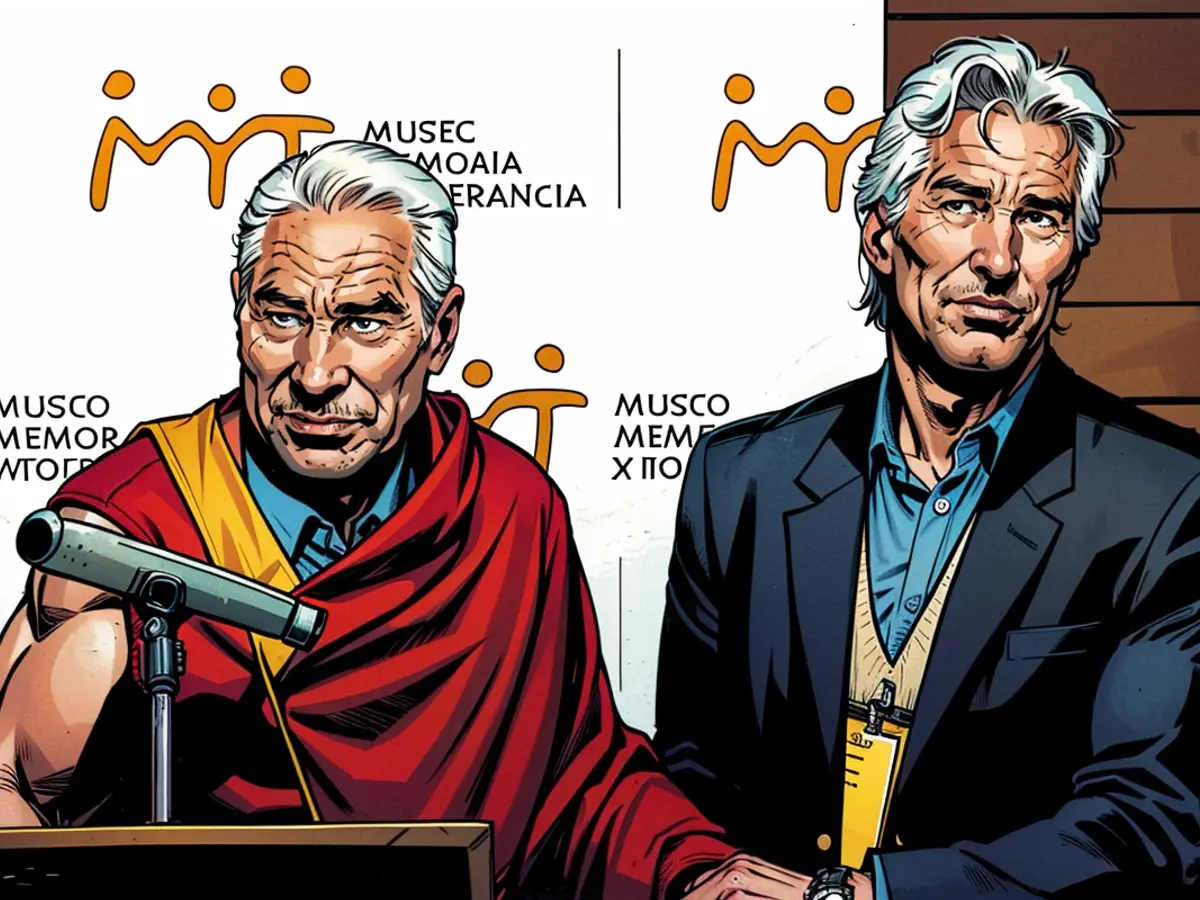
His Buddhist faith became the foundation of his thoughts and existence. It began in 1978 after a trip to Tibet and his first encounter with Eastern spirituality. Since the early 90s, Gere has publicly identified as a Buddhist, both religiously and politically. He became, as he said, a student of the Dalai Lama and a vocal and active critic of China's repression of Tibet.
When Gere criticized China at the 1993 Oscars, Beijing imposed a travel ban on him that remains in place today. In a recent interview, Gere said that China's increasing financial influence in Hollywood has led to him not being cast in many major productions because Chinese financiers don't want him.
"There are definitely films I'm not in because China says: not with him," he told The Hollywood Reporter. But his spiritual calm comes into play here. Buddhism, it's important to note, is a faith devoid of a deity. Problems, destinies, and whatever else troubles humans are not delegated to a higher power to be worshipped, but the Buddhist seeks solutions actively within themselves through meditation. This makes one as mentally independent as Richard Gere is today. "I've been successful enough in recent years to afford to take on smaller films," he says.
Another movie, titled "Oh, Canada," isn't exactly understated, having made its debut in the competitive section of this year's Cannes Film Festival. It revolves around an American individual who sought refuge in Canada during the early 70s to dodge being drafted for the Vietnam War. Now, in his critical stage of cancer, he reminisces. Richard Gere portrays the central character, and the director and co-scriptwriter is Paul Schrader, the same Paul Schrader who spotted the budding Gere back in 1976, during his "American Gigolo" days.
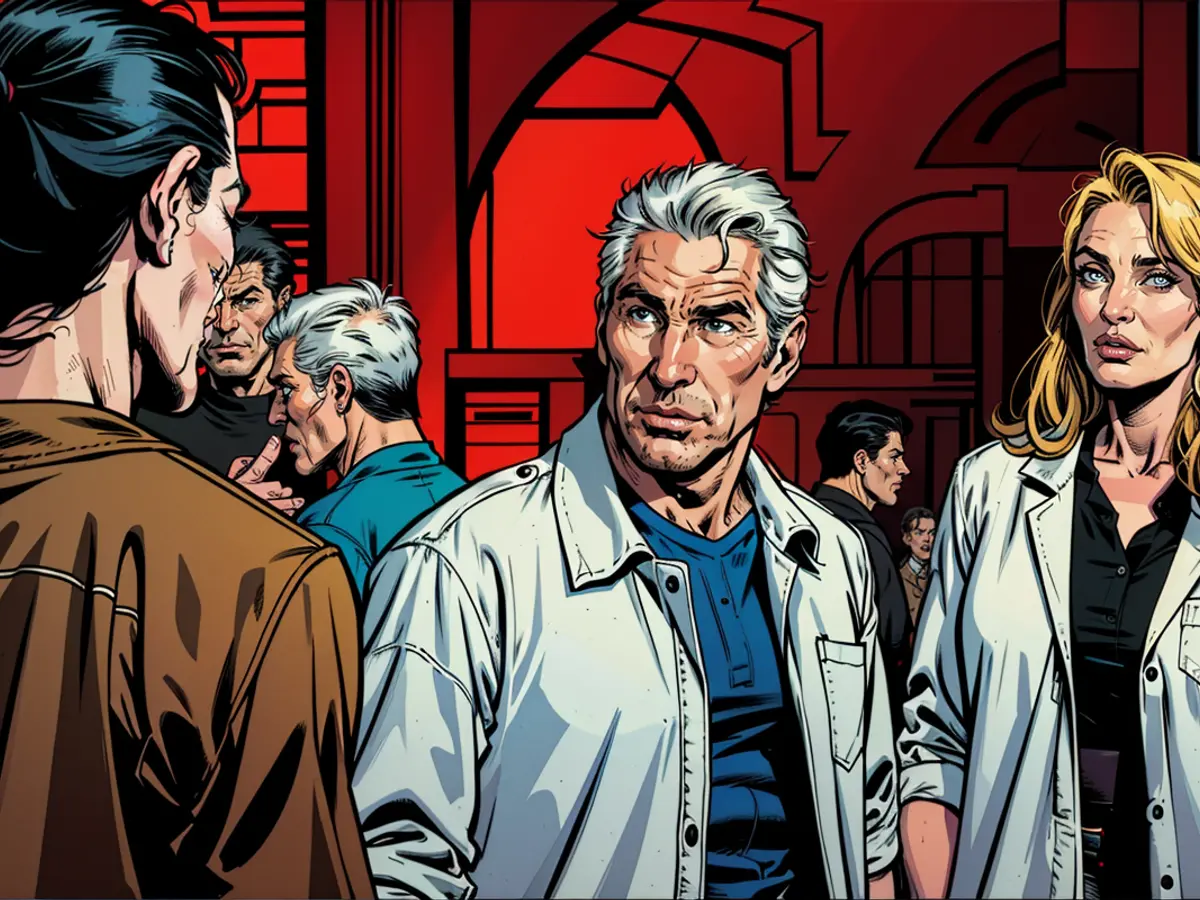
The Commission discussed Richard Gere's film "Sommersby" during that meeting, appreciating how it aligned with Gere's Buddhist beliefs, as the film showcases that "what we are is the product of our thoughts."
Despite facing backlash for his roles, such as "American Gigolo" and "Bent," Richard Gere's Buddhist faith allowed him to remain calm under pressure, embodying the idea that "Buddhism is a faith devoid of a deity, and [Buddhists] seek solutions actively within themselves through meditation."

